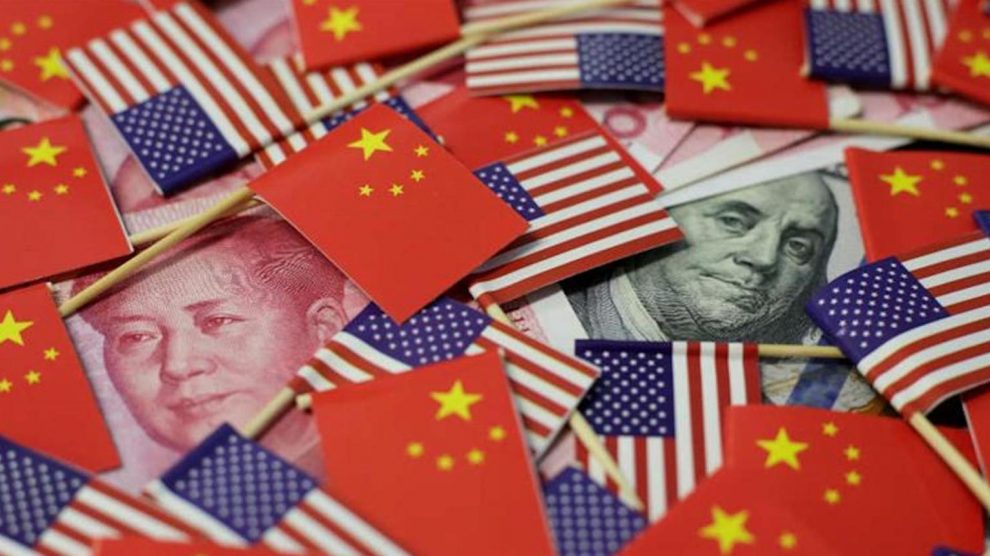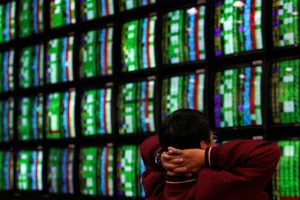(ATF) Chinese Foreign Minister Wang Yi on Sunday told an international news conference on the sidelines of the National People’s Congress (NPC) in Beijing that “China has no intention to change the US, nor to replace the US.”
He added: “It is also wishful thinking for the US to change China,” and warned Washington not to cross Beijing’s “red line” on Taiwan.
Had he thrown renewed Hong Kong tensions over the planned promulgation of a new national security law into the mix, it would have made for a neat summary of what’s most troubling to Asian financial markets and to the Chinese currency at this point.
Rising tensions has led to fears of a new Cold War.
While China’s and Asia’s dependency as a whole on Western demand for its exports is significantly lower than just a few years ago, an abrupt East-West decoupling of the flow of goods and capital would create a brave new world that even the bravest are not ready for and fear both in terms of economic and political implications.
More than in any other currency, the dangers of potential disruption or even just diminution of trade and financial flows have been reflected in the valuation of the yuan.
Not since early 2008 has the currency been as weak as at present and not since that time has the People’s Bank of China (PBoC) set parity as low as today – at 7.1209. And in the course of the Asian trading day, it dropped further: at 7pm HK time, CNY stood at 7.1364; its offshore version (CNH) traded at 7.1530.
Forecasters at numerous investment banks see no near term-end to this trend, established since the height of the coronavirus crisis. Many expect further yuan weakening to 7.19 by year-end, to 7.36 by the close of 2021, and to 8.00 by December 2022 – value not seen since 2005 soon after the yuan was released from its 8.25 peg.
The reasons for such forecasts are clear: the relentless upward pressure on the yuan since 2005 was principally driven by the accumulation of Chinese trade surpluses over the years and by large-scale foreign direct investment (FDI) inflows. If the expectation is now that the China trade surpluses will come to an end and foreign investment in China will diminish, the decline in the currency’s value is the natural consequence.
Obviously, what stands against such yuan weakening forecasts is a strategic scenario in which US-China relations take a rational turn for the better based on the mutual benefit of both and the recognition, in particular, that investment in China’s large and fast growing fixed-income markets is a value proposition too good to pass up.
























